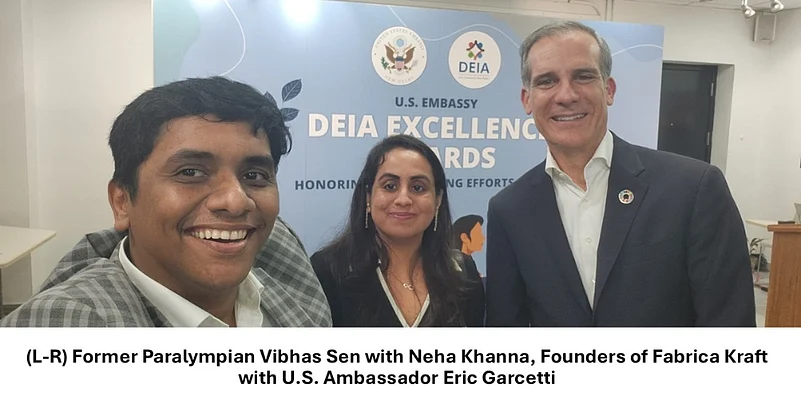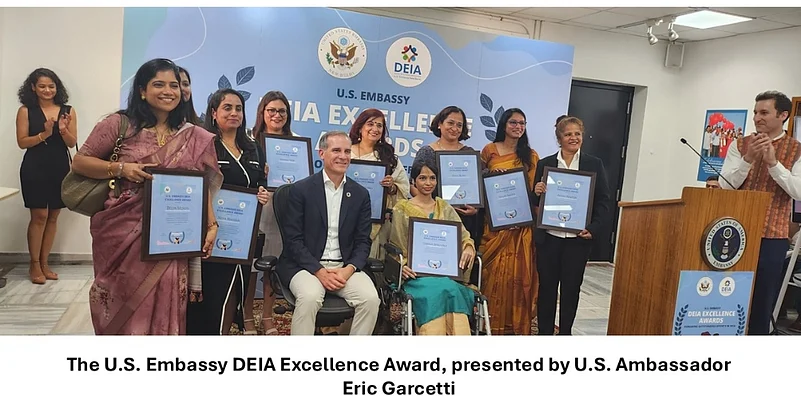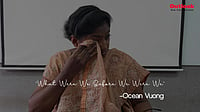As the Chief Operating Officer and Co-Founder of Fabrica Kraft, Ms. Khanna has led her company to become a beacon of diversity, equity, inclusion, and accessibility (DEIA) in the corporate world. Under her leadership, Fabrica Kraft has not only achieved a remarkable milestone of a 90 percent women workforce but has also been at the forefront of empowering marginalized communities, particularly survivors of sex trafficking. In this interview, we delve into the challenges faced in establishing Fabrica Kraft, the company’s product range, and Ms. Khanna’s vision for the future.
Q1: Fabrica Kraft’s success is inspiring, especially your achievement in building a 90 percent women workforce. Can you share some of the initial challenges you faced in establishing the company?
Neha Khanna: “Establishing Fabrica Kraft was indeed a journey filled with challenges, but also immense learning and growth. One of the biggest hurdles was breaking into an industry that often undervalues the contribution of women, particularly in leadership roles. We were committed to creating a space where women could thrive, but convincing others of this vision wasn’t easy. Additionally, sourcing materials sustainably while keeping costs manageable posed a significant challenge. However, our biggest challenge was perhaps in earning the trust of the communities we wanted to support—survivors of sex trafficking. Building a safe and supportive environment for them required not just time, but also a deep understanding of their needs and aspirations.”
Q2: Fabrica Kraft has been recognized for its inclusive practices, particularly in diversifying your supply chain. Could you elaborate on the challenges and successes of integrating marginalized communities into your operations?
Neha Khanna: “Integrating marginalized communities into our supply chain was both a challenge and a tremendous opportunity. These communities often lack access to formal employment opportunities and resources, so building a pipeline that included them required rethinking traditional supply chain models. We had to work closely with local NGOs and community leaders to ensure that the training and employment opportunities we offered were truly beneficial. The success of this initiative lies in its impact—seeing these individuals regain their confidence and become integral parts of our supply chain is incredibly rewarding. It’s a testament to the fact that businesses can grow while also uplifting those who have been marginalized.”

Q3: Fabrica Kraft’s product range is known for its sustainability and ethical production. Can you tell us more about the types of products you offer and the ethos behind them?
Neha Khanna: "At Fabrica Kraft, our mission is to merge style with sustainability, creating products that not only look good but also do good. Our diverse range includes bags, home & living items, accessories, and gifts, all crafted with a deep commitment to ethical production and social responsibility. Our handcrafted bags and terracotta jewelry showcase the rich tradition of Indian craftsmanship, bringing these skills to a global audience and ensuring that they are preserved and celebrated. We prioritize eco-friendly materials, fair wages, and sustainable practices at every step of our process. For instance, our home & living collection is crafted by artisans from marginalized communities, providing them with a reliable source of income. By choosing Fabrica Kraft, our customers are not just purchasing products; they are supporting a movement towards a more responsible and inclusive world."

Q4: Given the success and recognition Fabrica Kraft has achieved, what’s next on your agenda? How do you plan to continue pushing the boundaries of what’s possible in DEIA and ethical business practices?
Neha Khanna: “While we’re incredibly proud of what we’ve achieved so far, we’re always looking to innovate and expand our impact. One of our next goals is to increase the representation of other marginalized groups within our workforce and supply chain. We’re also exploring new ways to enhance the sustainability of our products, such as experimenting with alternative eco-friendly materials and implementing more circular economy practices. Additionally, we’re working on expanding our product lines to include more categories that align with our values. Ultimately, our mission is to continue creating products that not only enrich lives but also contribute to a more just and inclusive world.”
Conclusion
Neha Khanna’s journey with Fabrica Kraft is a powerful reminder that business can be a force for good. By confronting challenges head-on and staying true to their values, Khanna and her team have not only built a successful company but have also set a new standard for what it means to be truly inclusive and ethical in the corporate world. As Fabrica Kraft continues to grow, it’s clear that their commitment to DEIA and sustainability will remain at the core of everything they do.

















